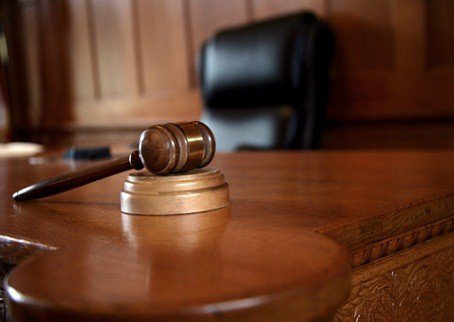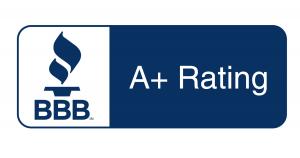The Formal Arraignment Process in Pennsylvania

In Pittsburgh, the formal arraignment typically takes place at the courthouse approximately one to two months after a preliminary hearing. If you’re a defendant in a criminal case, you’ll be provided with an informational document and your rights will be explained to you.
At the formal arraignment, you’ll enter your plea of “guilty” or “not guilty.” An experienced criminal defense attorney can advise you on the appropriate plea. Victims of crimes are not required to attend formal arraignments.
Steps Leading up to Formal Arraignment
In Allegheny County, a criminal case goes through the following phases to reach the point of formal arraignment.
- An alleged crime is committed. An adult or juvenile defendant allegedly commits an action that violates the law.
- Law enforcement authorities are notified. Local police are notified of the time and location of the alleged criminal act, typically by an individual calling 911 or by a law enforcement officer witnessing the act.
- Police investigate the matter. A law enforcement investigation can include interviews with individuals involved in the case, including witnesses, the defendant and the alleged victim or victims. Officers also may collect physical evidence, including visiting, photographing and measuring the scene. Witnesses and victims may be asked to identify the alleged perpetrator through photographs or police line-ups.
- Law enforcement files a complaint. Police representatives initiate criminal charges by filing a complaint with the local magistrate or by making an arrest, which is followed by filing a complaint. The complaint names the defendant and provides a summary of the alleged crimes.
- A private complaint is filed. If police officers decide not to file a complaint, a private citizen may do so. An assistant district attorney must agree to approve the complaint before a criminal case can move forward. After a complaint is filed, the process that follows is the same as if a law enforcement officer had filed the complaint.
- The defendant appears at a preliminary arraignment. If you were arrested with a warrant or through a warrantless arrest, you’ll need to appear before a judge for a preliminary arraignment. You’ll receive a copy of the complaint, and you’ll be advised of your rights. Any necessary bond also will be set, and your preliminary hearing will be scheduled for between three and 10 days later.
- Evidence is presented in a preliminary hearing. Your preliminary hearing will occur before a Magisterial District Judge, and evidence will be presented showing that a crime occurred and that you are the likely perpetrator. If appropriate evidence (known as a “prima facie” case) is not presented, the charges against you may be dropped.
What Happens During the Formal Arraignment?
The next step in the legal process is your formal arraignment. In most cases, the district attorney nor a judge will be present at this stage. You’ll be provided with a copy of the formal charging document (known as an “information”). You’ll also be informed of your rights, including your right of filing pretrial motions.
You will be asked if you have an attorney or if you need help from a court-appointed attorney. You’ll also be asked how you plead to the charges; you can plead guilty, not guilty or no contest.
Typically, your criminal defense attorney must file pretrial motions within 30 days of your formal arraignment and the district attorney’s office is obligated to respond. At the formal arraignment, you’ll also be given notice for appearing at a pretrial conference and a Court of Common Pleas judge will be assigned to your case.
After the Formal Arraignment
Following the formal arraignment, the defendant and the defendant’s criminal defense attorney appear for a pretrial conference. An assistant district attorney also typically will appear before the assigned judge and a trial date is set. Additional pretrial issues also are addressed during the conference.
Assuming a defendant does not decide to plead guilty, the case then proceeds to the trial phase. If the defendant is found guilty, a sentence is handed down. Judges often can use their discretion in sentencing, but Pennsylvania law includes some mandatory minimum sentences for specific types of crimes.
During the sentencing phase, the judge considers information in a pre-sentence report, along with any additional evidence presented by either the defense or the prosecution. The victim or the victim’s loved ones can submit a victim impact statement that the judge will consider. The state’s sentencing guidelines also are taken into account.
The judge also reviews the facts of the case, along with any criminal history by the defendant to then determine a sentence. Depending on the specific circumstances, the judge may consider sentencing alternatives such as probation, community service or a fine rather than jail or prison time. A defendant also may be ordered to pay restitution to the victim.
Following sentencing, defendants can decide to appeal the case or to seek a review of the case through the state or through a federal district court.
Request Your Right to Work with an Attorney
If you’re charged with a crime in Pennsylvania, it’s critical that you work with an experienced criminal defense attorney for your formal arraignment and every other phase of your case. For any crime with the possibility of jail time, you have a constitutional right to work with an attorney and you should do so to ensure that you receive a fair trial. To schedule a free consultation with an attorney, contact the office of DeLuca, Ricciuti & Konieczka.









